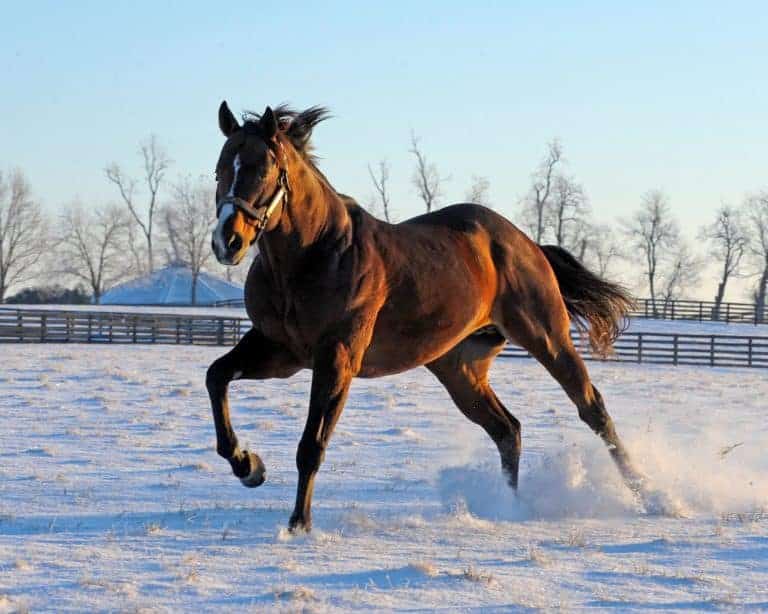First 2003 Equine WNV Case In North Dakota
North Dakota’s state veterinarian Larry Schuler, DVM, reported the state’s first 2003 equine case of West Nile virus (WNV) on May 8.
According to Schuler, test results received from Texas A&M University indicated that a horse in the Fargo area (Cass County) had been infected with the virus.
“Since the majority of West Nile virus cases usually appear from July












